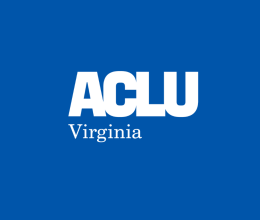Reform Virginia’s Civil Asset Forfeiture Laws to Remove the Profit Incentive and Curtail the Abuse of Power
Virginia’s civil asset forfeiture scheme for drug-related crimes is overdue for reform. Under Virginia law, the government can seize an individual’s car, cash, or other property without bringing corresponding criminal charges by filing a civil lawsuit alleging that the property is related to a criminal act.
Heralded as a valuable tool to counter the moneyed power of drug gangs and drug dealers, the implementation of civil asset forfeiture laws for illegal narcotics garnered significant criticism by civil liberties and property rights advocates from the outset. Property rights and due process concerns resulted in reforms of the federal forfeiture scheme in the 1990s and early 2000s. In Virginia, however, the low burden of proof required to confiscate property permanently and the award of forfeiture proceeds to local law enforcement agencies have resulted in an unjust civil asset forfeiture scheme in need of reform. The laws in Virginia have devolved from a purely utilitarian tool in the war on drugs to a revenue cow for cash-strapped local law enforcement agencies.
Part I of this article will review the historical roots of civil asset forfeiture law. Part II will provide a more modern history of these laws and an overview of Virginia’s current asset forfeiture scheme. Part III will examine the criticism of Virginia’s drug-related civil asset forfeiture laws and highlight due process concerns, risk of abuse of power, and misallocation of priorities due to the structure of these laws in Virginia. Finally, Part IV will provide recommendations to reform Virginia’s civil asset forfeiture laws.
Download the University of Richmond Law Review article below, or access the full article online.
Related content

ACLU-VA to VDOC: Address Ongoing Harm at Red Onion
February 26, 2025
To get to Virginians, President Trump will have to get past us.
January 21, 2025
2025 General Assembly Session
December 13, 2024
Meet Your Neighbors: Sarah and Vega Moore
December 4, 2024
Meet Your Neighbors: Fatimah & Talib Muwahhid
November 27, 2024Meet prison-impacted Virginians showcased in ACLU-VA “Virginia...
September 3, 2024
Meet Your Neighbor: Angela White
August 14, 2024